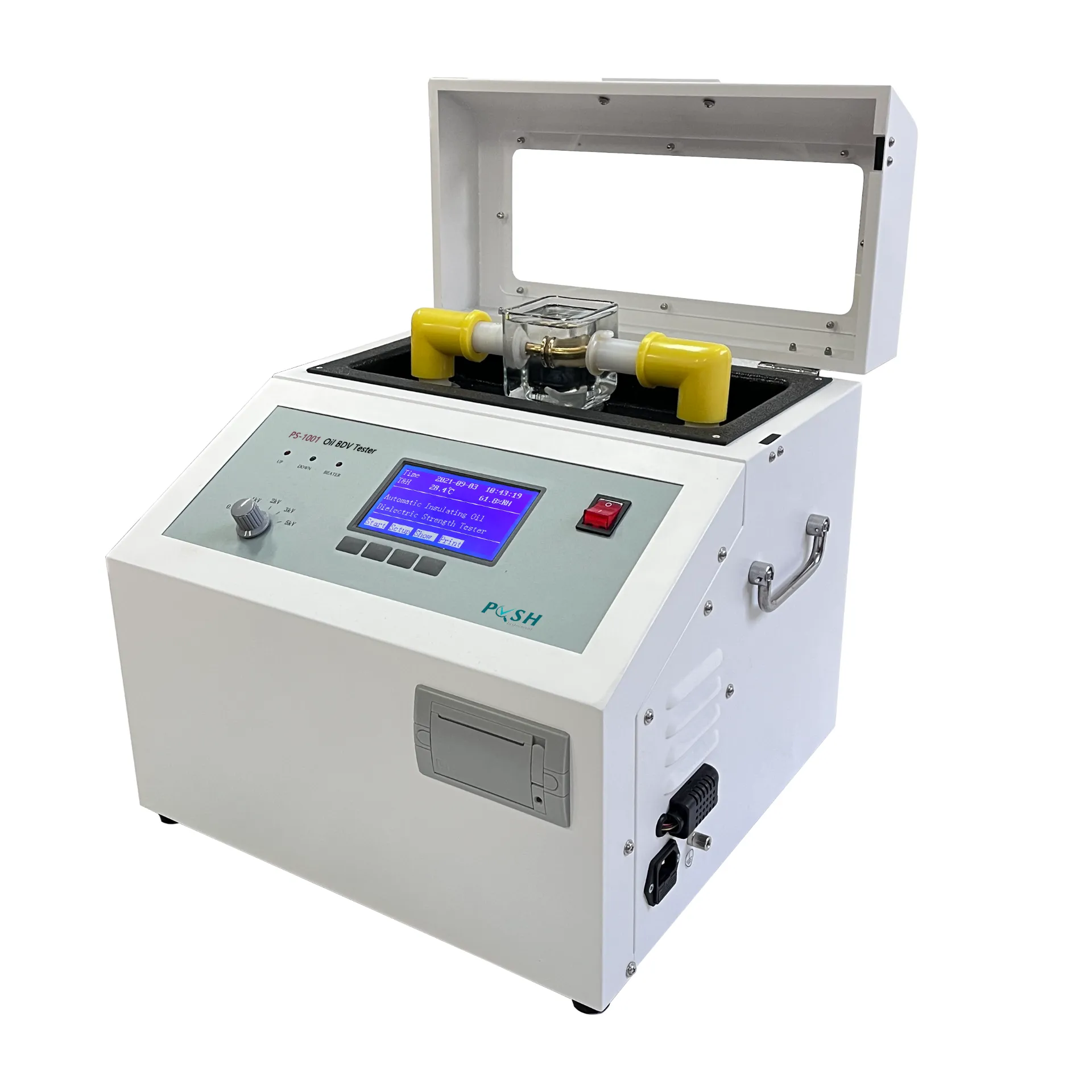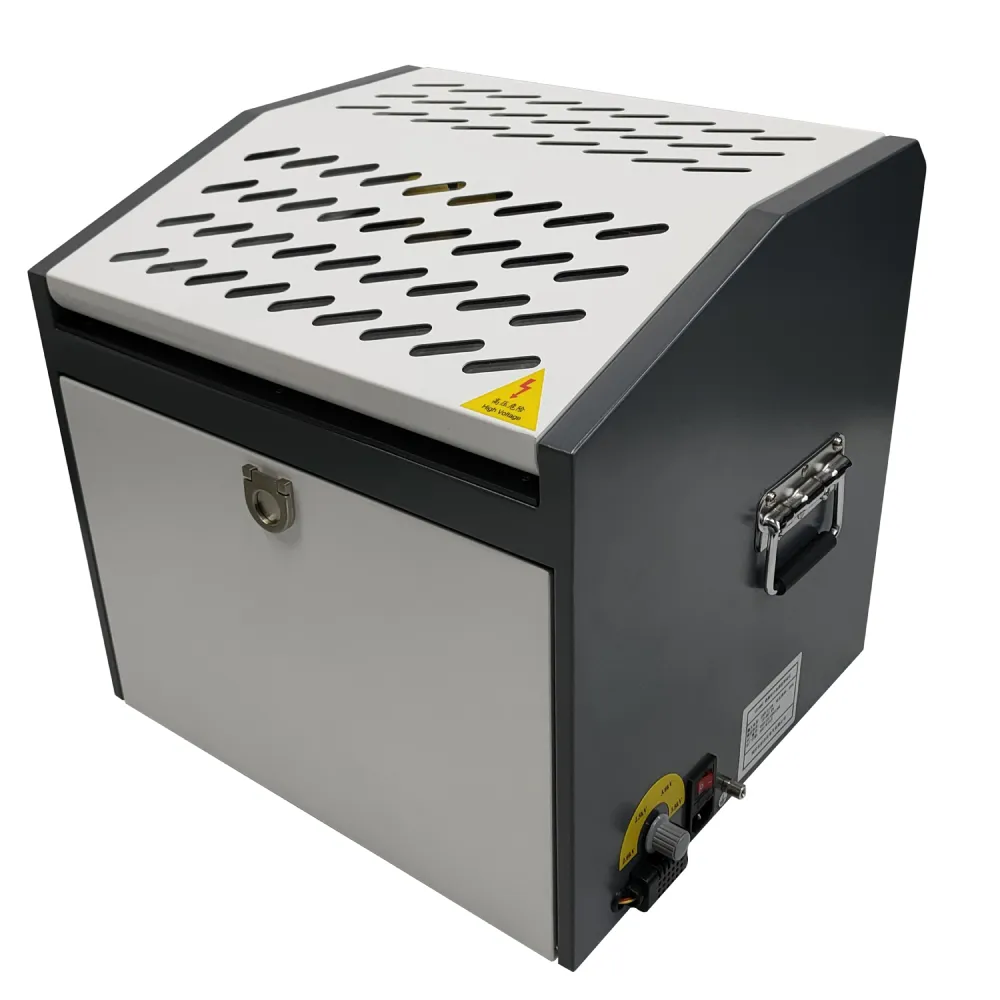TEL:
+86-0312-3189593
 English
English

Telephone:0312-3189593

Email:sales@oil-tester.com

-
 Afrikaans
Afrikaans -
 Albanian
Albanian -
 Amharic
Amharic -
 Arabic
Arabic -
 Armenian
Armenian -
 Azerbaijani
Azerbaijani -
 Basque
Basque -
 Belarusian
Belarusian -
 Bengali
Bengali -
 Bosnian
Bosnian -
 Bulgarian
Bulgarian -
 Catalan
Catalan -
 Cebuano
Cebuano -
 China
China -
 China (Taiwan)
China (Taiwan) -
 Corsican
Corsican -
 Croatian
Croatian -
 Czech
Czech -
 Danish
Danish -
 Dutch
Dutch -
 English
English -
 Esperanto
Esperanto -
 Estonian
Estonian -
 Finnish
Finnish -
 French
French -
 Frisian
Frisian -
 Galician
Galician -
 Georgian
Georgian -
 German
German -
 Greek
Greek -
 Gujarati
Gujarati -
 Haitian Creole
Haitian Creole -
 hausa
hausa -
 hawaiian
hawaiian -
 Hebrew
Hebrew -
 Hindi
Hindi -
 Miao
Miao -
 Hungarian
Hungarian -
 Icelandic
Icelandic -
 igbo
igbo -
 Indonesian
Indonesian -
 irish
irish -
 Italian
Italian -
 Japanese
Japanese -
 Javanese
Javanese -
 Kannada
Kannada -
 kazakh
kazakh -
 Khmer
Khmer -
 Rwandese
Rwandese -
 Korean
Korean -
 Kurdish
Kurdish -
 Kyrgyz
Kyrgyz -
 Lao
Lao -
 Latin
Latin -
 Latvian
Latvian -
 Lithuanian
Lithuanian -
 Luxembourgish
Luxembourgish -
 Macedonian
Macedonian -
 Malgashi
Malgashi -
 Malay
Malay -
 Malayalam
Malayalam -
 Maltese
Maltese -
 Maori
Maori -
 Marathi
Marathi -
 Mongolian
Mongolian -
 Myanmar
Myanmar -
 Nepali
Nepali -
 Norwegian
Norwegian -
 Norwegian
Norwegian -
 Occitan
Occitan -
 Pashto
Pashto -
 Persian
Persian -
 Polish
Polish -
 Portuguese
Portuguese -
 Punjabi
Punjabi -
 Romanian
Romanian -
 Russian
Russian -
 Samoan
Samoan -
 Scottish Gaelic
Scottish Gaelic -
 Serbian
Serbian -
 Sesotho
Sesotho -
 Shona
Shona -
 Sindhi
Sindhi -
 Sinhala
Sinhala -
 Slovak
Slovak -
 Slovenian
Slovenian -
 Somali
Somali -
 Spanish
Spanish -
 Sundanese
Sundanese -
 Swahili
Swahili -
 Swedish
Swedish -
 Tagalog
Tagalog -
 Tajik
Tajik -
 Tamil
Tamil -
 Tatar
Tatar -
 Telugu
Telugu -
 Thai
Thai -
 Turkish
Turkish -
 Turkmen
Turkmen -
 Ukrainian
Ukrainian -
 Urdu
Urdu -
 Uighur
Uighur -
 Uzbek
Uzbek -
 Vietnamese
Vietnamese -
 Welsh
Welsh -
 Bantu
Bantu -
 Yiddish
Yiddish -
 Yoruba
Yoruba -
 Zulu
Zulu
Th2 . 15, 2025 17:55
Back to list
Transformer insulation oil breakdown voltage tester bdv
In the digital landscape where artificial intelligence continues to revolutionize the way products are designed, developed, and optimized, transformers have emerged as a crucial component. As the complexity of machine learning models grows, ensuring that these models are both efficient and effective becomes paramount. This necessitates an intricate process of testing, among which type testing in transformers is a critical step. Type testing ensures reliability, longevity, and performance consistency, especially in products that rely heavily on machine learning and AI-driven solutions. This process is not just technical compliance; it underscores experience, expertise, authoritativeness, and trustworthiness in the field of AI product development.
Trustworthiness emerges from a transparent and reproducible testing process. In settings where transformer models impact critical decisions—such as healthcare, finance, or autonomous driving—the stakes are high. Trust is nurtured by not just thorough testing, but also by openly sharing testing parameters, outcomes, and insights on limitations. This transparency invites peer reviews, encourages industry collaboration, and thus, fortifies user trust in the product. Trustworthiness is the cornerstone for gaining and maintaining a competitive edge in the AI-driven product market. Successful type testing frameworks employ both synthetic and real-world datasets, ensuring they encompass edge cases, stress conditions, and standard operational scenarios. Only by simulating the full scope of operating environments can developers glean insights that inform refinements and elevate product quality. Enabling continuous testing cycles even post-deployment allows teams to account for evolving data patterns and maintain models' performance in a dynamic environment. Companies investing in comprehensive type testing protocols not only bolster the technical robustness of their transformers but also lay down a strong foundation for brand integrity. As the marketplace grows increasingly crowded, standing out requires more than just innovation; it necessitates placing a premium on the intangibles of user experience, reliability, and trust, all underpinned by the rigorous testing of transformer components. In summary, type testing in transformers is an indispensable process that ensures models are crafted to perform beyond just expectations. At the intersection of experience, expertise, authoritativeness, and trustworthiness, successful type testing outcomes create products that are not only technically sound but also secure long-term consumer trust and satisfaction. In the transformative world of AI, where the next groundbreaking technology is always on the horizon, led organizations distinguish themselves by their unwavering commitment to excellence in every detail.


Trustworthiness emerges from a transparent and reproducible testing process. In settings where transformer models impact critical decisions—such as healthcare, finance, or autonomous driving—the stakes are high. Trust is nurtured by not just thorough testing, but also by openly sharing testing parameters, outcomes, and insights on limitations. This transparency invites peer reviews, encourages industry collaboration, and thus, fortifies user trust in the product. Trustworthiness is the cornerstone for gaining and maintaining a competitive edge in the AI-driven product market. Successful type testing frameworks employ both synthetic and real-world datasets, ensuring they encompass edge cases, stress conditions, and standard operational scenarios. Only by simulating the full scope of operating environments can developers glean insights that inform refinements and elevate product quality. Enabling continuous testing cycles even post-deployment allows teams to account for evolving data patterns and maintain models' performance in a dynamic environment. Companies investing in comprehensive type testing protocols not only bolster the technical robustness of their transformers but also lay down a strong foundation for brand integrity. As the marketplace grows increasingly crowded, standing out requires more than just innovation; it necessitates placing a premium on the intangibles of user experience, reliability, and trust, all underpinned by the rigorous testing of transformer components. In summary, type testing in transformers is an indispensable process that ensures models are crafted to perform beyond just expectations. At the intersection of experience, expertise, authoritativeness, and trustworthiness, successful type testing outcomes create products that are not only technically sound but also secure long-term consumer trust and satisfaction. In the transformative world of AI, where the next groundbreaking technology is always on the horizon, led organizations distinguish themselves by their unwavering commitment to excellence in every detail.
Latest news
-
Testing Equipment Industry Sees Major Advancements in 2025: Smart & Precision Technologies Lead the WayNewsJun.06,2025
-
Applications of Direct Current Generators in Renewable Energy SystemsNewsJun.05,2025
-
Hipot Tester Calibration and Accuracy GuidelinesNewsJun.05,2025
-
Digital Circuit Breaker Analyzer Features and BenefitsNewsJun.05,2025
-
Benefits of Real-Time Power Quality Monitoring Devices for Industrial EfficiencyNewsJun.05,2025
-
Earth Fault Loop Testing in High-Rise Building Electrical SystemsNewsJun.05,2025



